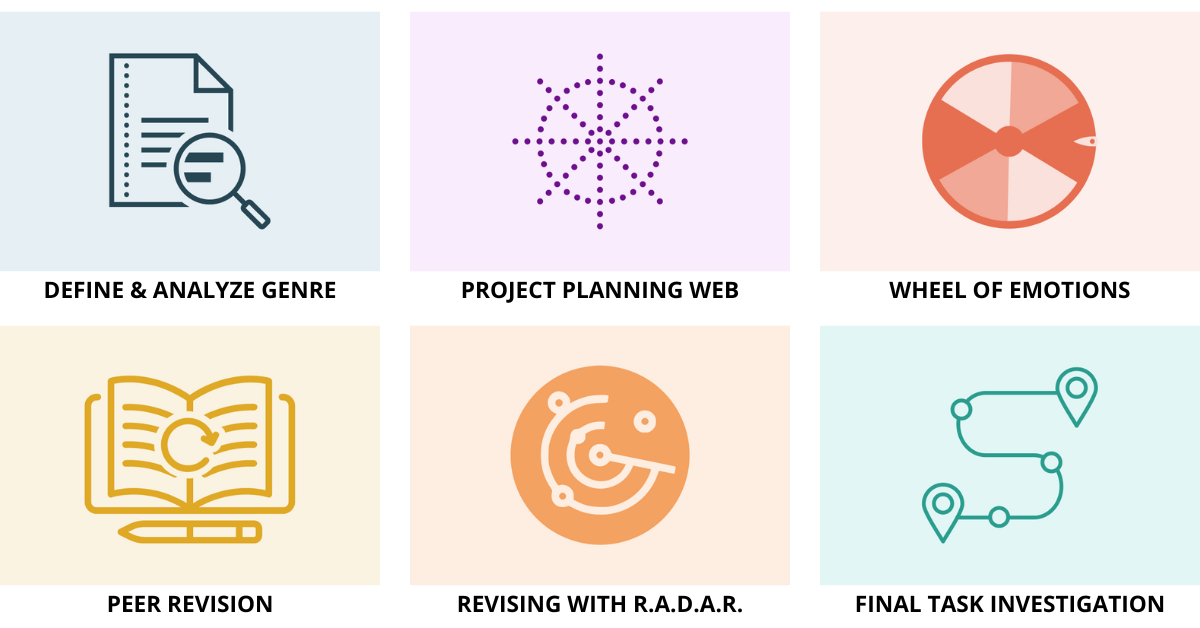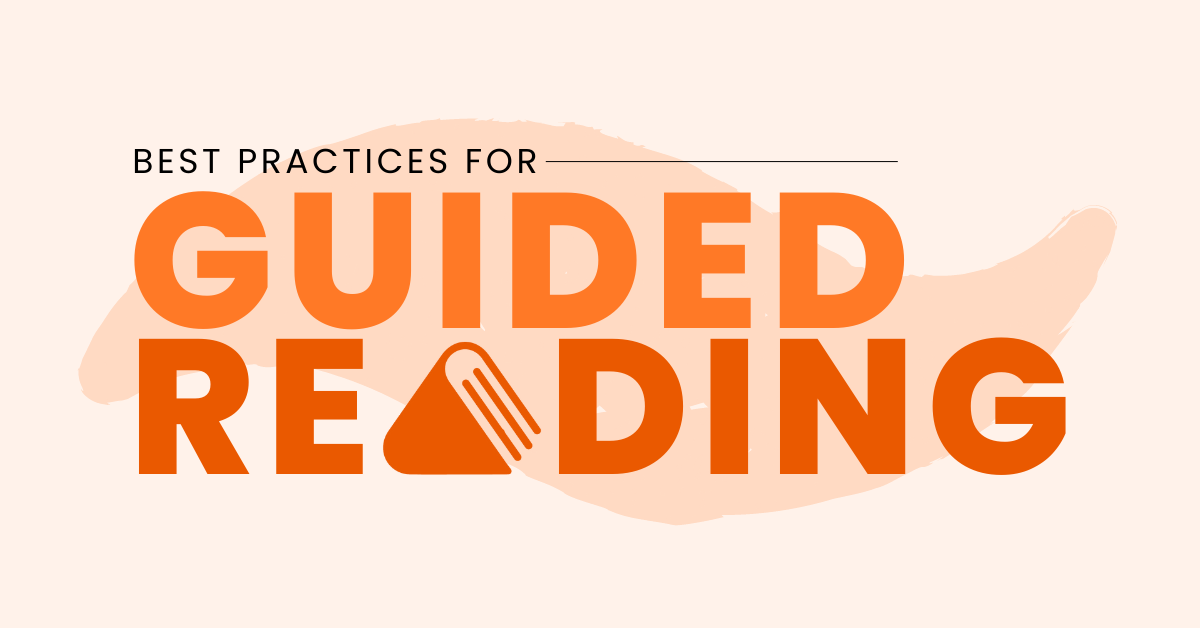|
Creativity flourishes in an environment where exploration is encouraged and individual voices are celebrated.
Genre-based writing is the art of crafting narratives within distinct literary genres or categories. Literary genres, such as fiction, non-fiction, poetry, drama, science fiction, fantasy, mystery, and romance, are defined by specific stylistic elements, forms, and content.
Engaging in genre-based writing involves intentionally aligning one's writing with the conventions, themes, and structures associated with a chosen genre. This process includes utilizing storytelling techniques, incorporating stylistic elements, and exploring themes relevant to the selected genre. For instance, a mystery novel might feature a central crime, a detective, and a resolution, while a romance novel centers around a key romantic relationship within the plot.
Why genre-based writing matters: a deeper exploration
Recognizing the significance of genre-based writing goes beyond the conventional understanding of major genres such as narrative, argumentative, and informative. It involves delving into the unique sub-genres, including speculative memoirs, flash fiction, Ted Talks, infographics, Op-Eds, and more. This exploration involves immersing oneself in an inquiry-based study of specific texts, a process that reveals nuances that often transcend traditional genre boundaries. Within this exploration, the promotion of creativity takes center stage. By encouraging students to engage with diverse sub-genres, teachers foster an environment where creativity can flourish. This approach not only sets clear expectations for writers, but also enhances their ability to communicate effectively with their audience. In doing so, it allows readers the freedom to choose works that are tailored to their preferences, fostering a deeper connection and appreciation for the art of writing. The Student Press Initiative (SPI), a signature initiative at CPET, strongly advocates for genre-based writing as a meaningful framework that not only expands literary possibilities, but also nurtures the creative spirit within each student.
What does genre-based writing entail?
SPI serves as a guiding force for both teachers and students in the realm of genre studies, employing a close examination of exemplars — often drawn from a diverse array of published texts, ranging from poems and essays to PSAs. In this process, students engage in a detailed analysis of these texts, examining content, structure, and craft through the lens of a writer, taking in all of its attributes and conventions in the process. The collaborative nature of this exploration lays the groundwork for creativity. Through shared discussions and the creation of charts, students collectively share insights into the genre and its unique characteristics. Rather than prescribing what or how to write, teachers adopt an empowering stance, encouraging students to explore and discover, thereby nurturing the development of insightful ideas and observations. This student-driven approach not only empowers individuals but also transforms the teacher's role from knower, to that of a facilitator or provocateur, cultivating a powerful space for exploration, self-discovery, and creativity. In a recent workshop I facilitated, SPI coaches immersed themselves in a genre-based study of the poem "What For" by Garret Hongo. While I’ve used this poem many times on many different occasions, I’m always impressed by the new ideas, observations, and questions that arise, underscoring how readers engage uniquely with texts. Collective discussions delved into content, form, and structure, highlighting original stylistic moves by the author. For instance, one coach noted changes in stanza lengths, sparking a discussion on its intentional contribution to the poem's meaning. Another coach made note of his powerful auditory imagery, and another made content connections to the American Dream. This exploration set the stage for coaches to embark on their own creative journeys, crafting "What For" poems inspired by Hongo's content, form, and craft, including elements such as repetition and reiterated structures. Reflecting on the similarities and differences among these poems further deepened the collective understanding of this specific genre, demonstrating how creativity flourishes in an environment where exploration is encouraged and individual voices are celebrated.
Unleashing creativity and self-discovery
In summary, genre-based writing is a powerful tool for creativity, independent thinking, and self-discovery. Embracing this approach turns educators and students into skilled explorers of various literary genres, creating a collaborative and empowering learning space. |
|
The Center for Professional Education of Teachers (CPET) at Teachers College, Columbia University is committed to making excellent and equitable education accessible worldwide. CPET unites theory and practice to promote transformational change. We design innovative projects, cultivate sustainable partnerships, and conduct research through direct and online services to youth and educators. Grounded in adult learning theories, our six core principles structure our customized approach and expand the capacities of educators around the world.
|
ABOUT US
525 West 120th Street, Box 182 New York, NY 10027 416 Zankel Ph: (212) 678-3161 [email protected] Our Team Career Opportunities |
RESOURCES
Professional Articles Ready-to-Use Resources Teaching Today Podcast Upcoming PD Opportunities |
COACHING SERVICES
Custom Coaching Global Learning Alliance Literacy Unbound New Teacher Network Student Press Initiative |




























